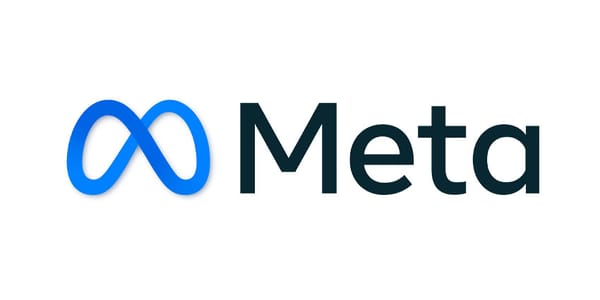Introduction to Blockchain Technology and Digital Security
Discover how blockchain technology is revolutionizing digital security in the USA and India. Learn about its key features, applications, and future impact on cybersecurity

Table of Contents
- Introduction to Blockchain Technology and Digital Security
- Key Features of Blockchain for Enhancing Digital Security
- Applications of Blockchain in Digital Security in the USA and India
- Challenges and Considerations for Blockchain Adoption
- The Future of Digital Security with Blockchain Technology
What is Blockchain technology ?
Blockchain is a digital system that records transactions across many computers in a secure and transparent way. It’s decentralized, meaning no single entity controls it, and once data is added, it can’t be changed. This makes blockchain useful for things like cryptocurrencies and smart contracts.
Introduction to Blockchain Technology and Digital Security
Blockchain technology, known for its role in cryptocurrencies like Bitcoin, is now becoming a major force in improving digital security. As cyber threats grow more advanced, traditional security methods often struggle to keep up. Blockchain offers a new approach to securing our digital world with its unique features, which can be beneficial both in the USA and India. Here’s a detailed look at how blockchain can change digital security in these two countries.
Key Features of Blockchain for Enhancing Digital Security

- Decentralization: Traditional systems store data in a single location, which can be vulnerable to attacks. Blockchain spreads data across a network of computers, eliminating single points of failure and making it harder for hackers to access or disrupt the system.
- Transparency: Every transaction on a blockchain is visible to all participants in the network. This transparency helps in monitoring and detecting unauthorized activities, ensuring that the data remains trustworthy.
- Immutability: Once data is recorded on a blockchain, it cannot be changed. This feature is crucial for maintaining accurate records, such as financial transactions or official documents.
- Encryption and Authentication: Blockchain uses strong encryption to protect data. Each participant has a unique cryptographic key to access the blockchain, ensuring that only authorized users can view or alter the information.
Applications of Blockchain in Digital Security in the USA and India

Identity Management
In the USA and India, managing digital identities is crucial for various services, from banking to healthcare. Blockchain can provide a secure way to control personal identities, reducing the risk of identity theft and fraud.
Financial Security
Blockchain can enhance the security of financial transactions by removing intermediaries and allowing direct exchanges between parties. This can lower transaction costs and improve processing times in both countries.
As cyber threats evolve, blockchain’s decentralized structure offers a strong defense against data breaches and cyberattacks. By distributing data across multiple nodes, blockchain makes it harder for attackers to compromise the system.
Supply Chain Management
Blockchain can improve transparency and security in supply chains by providing a clear record of every transaction. This helps in verifying the authenticity of products and preventing counterfeiting, which is beneficial for both consumers and businesses.
Challenges and Considerations for Blockchain Adoption
Scalability
As the number of transactions increases, blockchain networks can become slow and inefficient. Finding solutions to handle large volumes of transactions is crucial for widespread adoption.
Regulation
The rules and regulations for blockchain technology are still developing. Ensuring that blockchain solutions comply with laws and regulations, especially concerning data privacy and financial transactions, is important for both countries.
Interoperability
For blockchain to be effective, different blockchain networks need to work together. Developing standards that allow various blockchains to communicate with each other is essential.
Energy Consumption
Some blockchain systems use a lot of energy, especially those that rely on proof-of-work mechanisms. Finding more energy-efficient methods is important for the sustainability of blockchain technology.
The Future of Digital Security with Blockchain Technology

In both the USA and India, blockchain technology is set to play a major role in the future of digital security. Its unique features—decentralization, transparency, and encryption—offer new ways to address many of the weaknesses in traditional security systems. As blockchain technology continues to develop, it will be integrated into various applications, from securing personal identities and financial transactions to enhancing supply chain management.
For the USA, blockchain can enhance security across various sectors, from finance to healthcare. In India, it can support the growing digital economy by improving identity management, healthcare data security, and supply chain transparency.
Overall, blockchain technology represents a significant advancement in how we approach digital security. By leveraging its strengths, both countries can build more secure, transparent, and resilient systems to protect against cyber threats and ensure a safer digital future.




